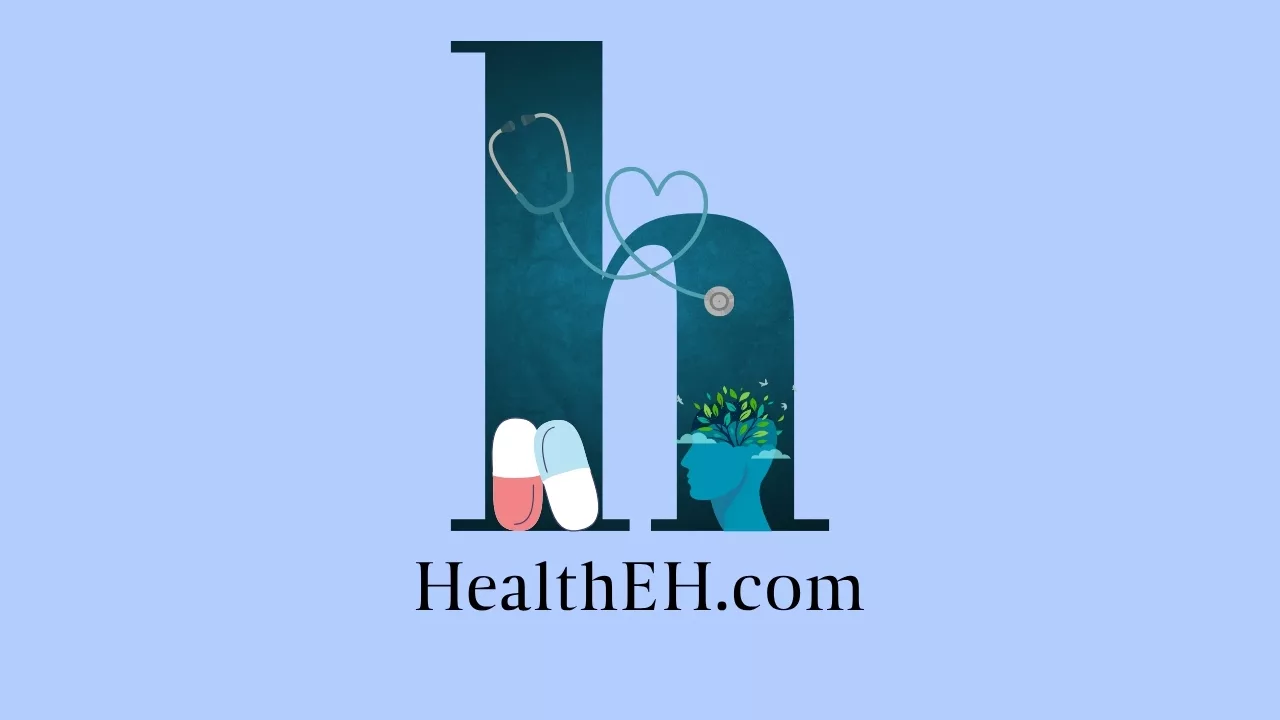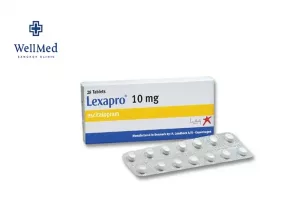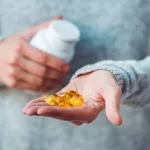Quick answer: Fetzima (levomilnacipran) can mix with a lot of things—alcohol, many prescription medicines, over‑the‑counter drugs, and a handful of supplements. Some combos are “major” risks you should avoid, while others are “moderate” or “minor” and only need a little extra monitoring. The safest route is to check each new substance against a reliable interaction list and talk with your prescriber before you start.
What to do next? Grab a pen (or open a note on your phone) and write down every pill, vitamin, herb, and even that occasional glass of wine you take. Then use a trusted drug‑interaction checker—like the one on Drugs.com—to see if any red flags pop up. It feels a bit like a puzzle, but the picture you end up with is a lot safer.
What Counts?
Defining Interactions
In the world of medication safety, an “interaction” is any change in how a drug works when something else joins the party—another medication, an alcoholic beverage, a disease, or a supplement. Interactions are usually grouped into three buckets:
- Major: Highly clinically significant—avoid the combo unless absolutely necessary.
- Moderate: Worth a careful look; you might need dose adjustments or extra monitoring.
- Minor: Mostly a theoretical concern—still good to be aware, but usually not a show‑stopper.
How Many Are There?
According to the latest data from Drugs.com, Fetzima has 372 known drug interactions, 8 disease interactions, and 2 alcohol/food interactions. Of those drug combos, 115 are flagged as major, 256 as moderate, and just 1 as minor—a reminder that this isn’t a trivial issue.
Who’s Most Vulnerable?
If you have any of the following conditions, you’ll want to pay extra attention:
- Depression (obviously, because Fetzima is prescribed for it)
- Renal (kidney) disease
- Glaucoma
- Hypertension (high blood pressure)
- Hyponatremia (low sodium)
- Mania or bipolar spectrum
- Seizure disorders
- Urinary‑tract obstruction
These “disease interactions” can amplify side effects or make the medication less effective, so a clinician’s judgment is key.
Alcohol & Fetzima
Is It Safe to Drink?
Short answer: better to limit or avoid. Alcohol can heighten the nervous‑system side effects of Fetzima—think dizziness, drowsiness, and slowed reaction time. It may also cause a modest rise in blood pressure, which can be a problem if you already have hypertension. Some people report feeling “off balance” after even a single drink.
How Much Is Too Much?
There isn’t a universally accepted “safe limit.” The safest approach is to treat alcohol as a potential risk factor and keep consumption minimal. If you do enjoy a glass of wine, consider spacing it out from your Fetzima dose and let your doctor know.
Red‑Flag Symptoms
If you notice any of these after drinking while on Fetzima, call your healthcare provider right away:
- Severe dizziness or loss of coordination
- Rapid or irregular heartbeat
- Profuse sweating, shaking, or trembling
- Confusion, agitation, or visual disturbances
- Any sign of a possible serotonin syndrome (see the next section)
Prescription & OTC Interactions
Top 10 Frequently Checked Combos
| Drug | Interaction Type | Potential Effect | Management Tip |
|---|---|---|---|
| Abilify (aripiprazole) | Moderate | Increased serotonergic activity → higher serotonin‑syndrome risk | Monitor closely; consider dose tweak |
| Cymbalta (duloxetine) | Major | Duplicate SNRI effect → severe serotonin toxicity | Avoid combination; choose an alternative therapy |
| Ibuprofen (Advil, Motrin) | Moderate | Increased risk of GI irritation and bleeding | Separate dosing by several hours; use lowest effective dose |
| MAOIs (e.g., phenelzine, selegiline) | Major | Potentially life‑threatening serotonin syndrome | Discontinue MAOI ≥ 14 days before starting Fetzima |
| Tramadol | Moderate | Heightened seizure risk and serotonin syndrome | Use only if benefits outweigh risks; monitor closely |
| Linezolid (Zyvox) | Major | Serotonin syndrome risk due to MAOI properties | Avoid concurrent use; consult infectious‑disease specialist |
| St. John’s wort (herb) | Major | Strong serotonin‑boost → syndrome | Do not combine; discuss alternatives for mood support |
| Clonazepam (Klonopin) | Moderate | Increased CNS depression → drowsiness | Start low, go slow; avoid operating heavy machinery |
| Metformin | Moderate | Possible alteration of blood‑sugar control | Check glucose more frequently when starting Fetzima |
| Omeprazole (Prilosec) | Minor | Minimal clinical impact | No special action needed |
Serotonin Syndrome – The Big Warning
Serotonin syndrome is the scary‑looking side effect that makes headlines when two serotonergic agents collide. It’s caused by too much serotonin hanging around in the brain, leading to a cascade of symptoms:
- Agitation, confusion, or hallucinations
- Rapid heart rate and high blood pressure
- Fever, shivering, or muscle rigidity
- Diarrhea, nausea, and vomiting
- Seizures (in severe cases)
If you suspect it, treat it like an emergency—stop the offending drugs and seek medical help immediately. The good news? It’s rare when you stay away from the big culprits (MAOIs, other SNRIs, certain antibiotics, and some migraine meds). Talk to your doctor if you’re prescribed any of those alongside Fetzima.
OTC & “Harmless” Meds to Double‑Check
Even over‑the‑counter products can tip the balance. Common items to watch include:
- Acetaminophen (Tylenol) – generally safe, but high doses can stress the liver.
- NSAIDs (ibuprofen, naproxen) – watch for stomach irritation and blood‑pressure spikes.
- Antihistamines (diphenhydramine) – add to drowsiness.
- Cough syrups containing dextromethorphan – modest serotonin effect, use with caution.
When in doubt, run the name through the interaction checker.
Supplements, Herbs & Vitamins
Which Supplements Matter?
Most vitamins and minerals are low‑risk, but a few have a reputation for stepping on Fetzima’s toes:
- St. John’s wort – major risk for serotonin syndrome; avoid.
- 5‑HTP – directly raises serotonin, also a major risk.
- Vitamin B12 – listed as a minor interaction; no clinical impact.
- Vitamin D3 – minor; may affect calcium balance if you’re on thiazide diuretics.
- Omega‑3 fish oil – generally safe, may even improve mood.
- Calcium carbonate – minor; take at a different time than Fetzima to avoid absorption issues.
How to Add a Supplement Safely
Think of adding a supplement like introducing a new roommate:
- Research: Look up the supplement in a reputable interaction checker.
- Start low: Begin with the smallest effective dose.
- Monitor: Keep a symptom diary for the first two weeks.
- Communicate: Tell your prescriber about the new addition.
Real‑World Example
Meet Maya, a 38‑year‑old teacher who started taking a high‑dose vitamin D supplement after a recent lab result showed low levels. Within a week she noticed a subtle rise in her blood pressure and a few extra “head‑foggies.” Her doctor reviewed her medication list, noted that Fetzima can raise blood pressure in some people, and advised spacing the vitamin D dose away from her Fetzima intake while checking her blood pressure daily. Within a month, Maya’s numbers settled, and she felt confident she’d avoided a hidden interaction.
Disease‑Specific Interactions
Conditions That Amplify Risks
The eight disease interactions flagged for Fetzima have specific reasons:
- Depression: Fetzima is meant to treat it, but severe depression may heighten side‑effect sensitivity.
- Renal disease: Impaired clearance can increase drug levels.
- Glaucoma: Fetzima may raise intra‑ocular pressure.
- Hypertension: Possible modest BP increase.
- Hyponatremia: Risk of further sodium drop.
- Mania: SNRI can trigger manic switches.
- Seizures: Certain combos (e.g., with tramadol) lower seizure threshold.
- Urinary‑tract obstruction: Anticholinergic effects may worsen urinary retention.
Managing Fetzima in These Patients
Here are some practical pointers:
- Renal impairment: Start at the low end of the dosing range (20 mg) and monitor plasma levels if possible.
- Hypertension: Check blood pressure weekly for the first month; consider an antihypertensive if needed.
- Mania risk: Close mood monitoring; if manic signs appear, your doctor may switch to a different class.
- Seizure disorders: Avoid concurrent tramadol or bupropion without specialist input.
Practical Tools & How to Check Interactions
Step‑by‑Step Checker Guide
Using an online interaction checker is as easy as 1‑2‑3:
- Visit the Fetzima Interaction Checker on Drugs.com.
- Enter the name of the medication, supplement, or food you’re curious about.
- Read the results – they’ll tell you if the interaction is major, moderate, or minor, and often give a short precaution.
Bookmark that page; you’ll thank yourself later.
Keeping a Medication List
Whether you’re a tech‑savvy person who loves apps or a classic‑paper fan, having a current list is non‑negotiable. Include:
- Prescription drug name, dose, and timing.
- OTC meds and “as‑needed” pills.
- Vitamins, minerals, herbal extracts.
- Alcohol frequency and typical amount.
Apps like Medscape, MyTherapy, or even a simple spreadsheet work well. Update it any time you add or stop something.
When to Call Your Doctor
Red‑flag symptoms that merit a prompt call (or a trip to urgent care) include:
- Severe dizziness, fainting, or loss of coordination.
- Rapid, irregular, or pounding heartbeat.
- Sudden confusion, agitation, or hallucinations.
- High fever, chills, or muscle rigidity.
- Any sign of serotonin syndrome (see earlier).
Bottom Line
Living with Fetzima doesn’t have to feel like walking a tightrope. The medication can be a powerful ally against depression, but its effectiveness—and your safety—depend on how well you navigate the web of possible interactions. By keeping an up‑to‑date medication list, using an interaction checker, and staying honest with your prescriber about alcohol, supplements, and health conditions, you’ll dramatically lower the risk of surprises.
Remember, you’re not alone in this. Your pharmacist, your doctor, and even online tools are there to help you piece the puzzle together. If you’ve discovered a tricky combo that worked for you (or a “oops” moment you learned from), share it in the comments—your story might be the exact piece of advice someone else needs.
Takeaway:Know what’s joining your Fetzima, check the interaction risk, and keep the conversation open with your healthcare team. That’s the golden recipe for staying safe while reaping the benefits of your treatment.






















Leave a Reply
You must be logged in to post a comment.